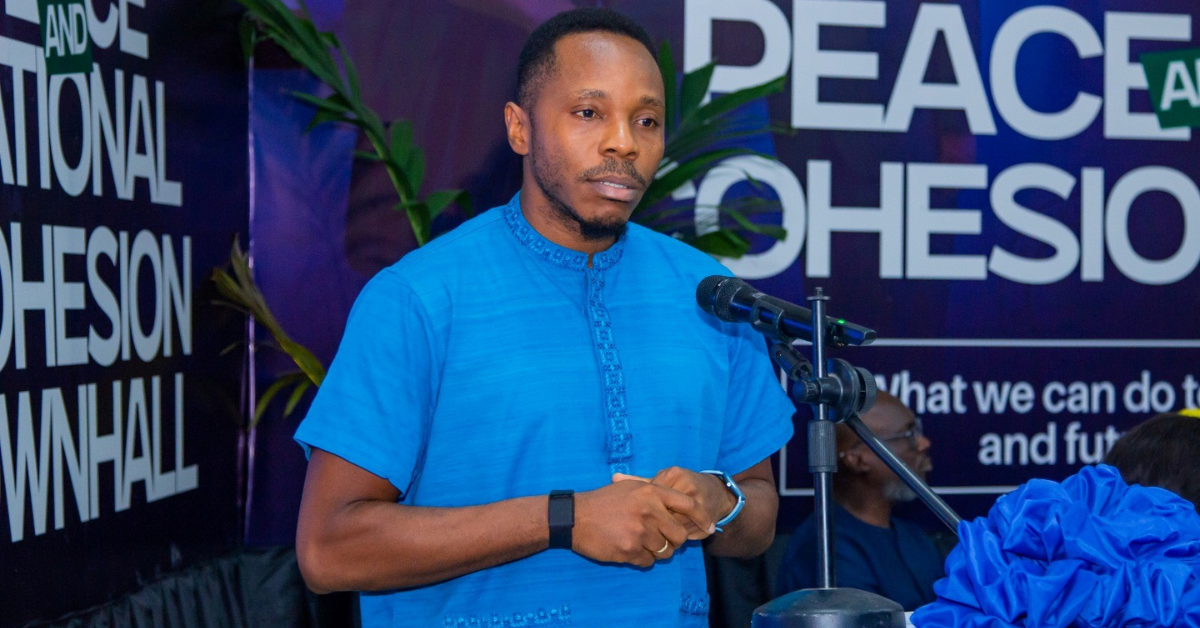Chief Minister David Sengeh, along with his team, concluded a multi-faceted visit to Tonkolili, Sierra Leone, focusing on community engagement, economic growth, and institutional development.
Through a series of visits and public addresses, Sengeh emphasized the government’s commitment to “taking governance to the people” and advancing Sierra Leone’s national development plan.
One of the key stops was Miro Forestry, a major employer in Sierra Leone with a workforce of 2,300. The company, which benefits from British International Investment, is lauded for its contribution to community development and sustainability. Notably, 40% of Miro’s employees are women, with 70% aged between 18 and 30, and 97% from local communities. Sengeh highlighted Miro’s role as one of Sierra Leone’s major taxpayers and its efforts to integrate sustainable practices in its operations.
In Yoni, Sengeh became the first senior government official to visit the community, where he discussed the national development plan and key government initiatives, known as “the big five,” with local traditional leaders. This engagement aimed to foster a closer relationship between the government and remote communities, strengthening awareness of national strategies at the grassroots level.
Sengeh also delivered a public lecture at Central University, an institution with over 1,600 students offering programs in data science, cybersecurity, and agriculture. The Chief Minister praised the vibrant learning atmosphere, noting the active participation of students in academics and extracurricular activities, such as the university’s music band.
Furthering his tour, Sengeh visited the Sierra Leone Agricultural Research Institute and the Seeds Agency. He underscored the importance of these institutions in Sierra Leone’s food security strategy, highlighting the cutting-edge facilities and expertise employed in agricultural research and seed production.
A community town hall meeting allowed residents—including youth, women, elders, and opposition members—to openly discuss their views on development issues. Sengeh remarked on the strong sense of “radical inclusion” within the community, reflecting a broad support for collaborative development.
The Chief Minister also visited the SLPP party office, where rehabilitation efforts are underway, and later attended a community football match. The visit concluded with a night of live music at Central University, celebrating the vibrant local culture.
Notably, Sengeh emphasized the Mile 91 area’s status as a regional hub, with one of the largest agro-forestry plywood companies in West Africa, a leading technical college, and well-regarded agricultural research institutes. “Together, #WeWillDeliver,” he stated, expressing optimism for the region’s future.
This visit represents a broader governmental initiative to bring governance closer to Sierra Leonean communities, emphasizing inclusivity, sustainable development, and local empowerment.











